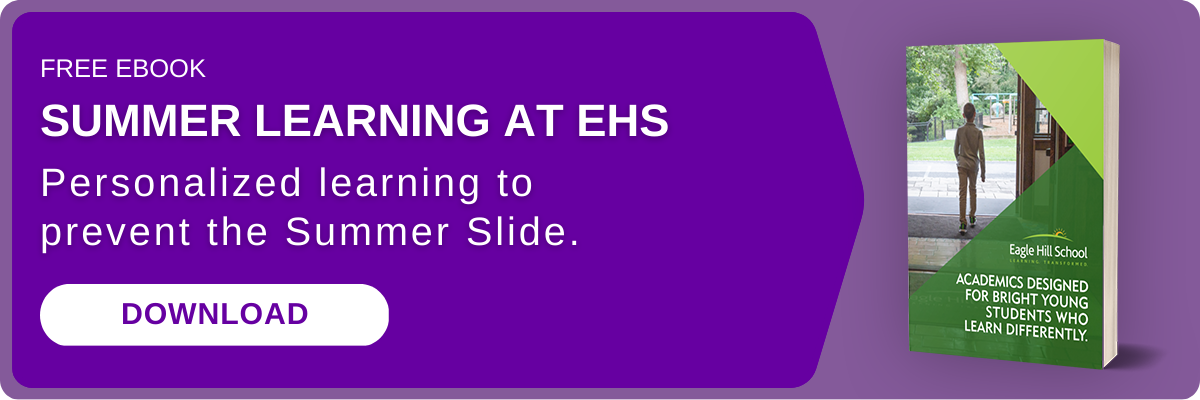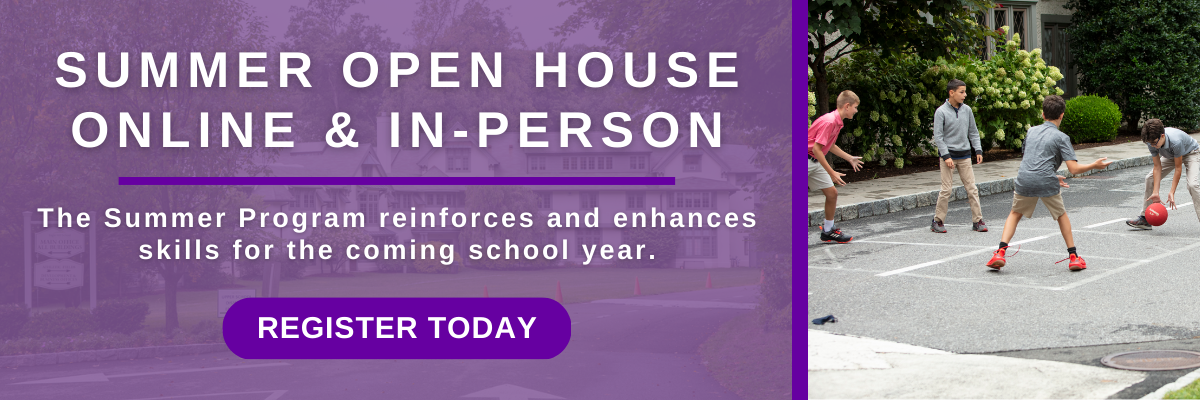As adults, whose workload usually holds steady year round, we don’t have as high expectations for the summer as our children might. While our routines remain consistent, summer break is a chance for the kids to sleep in, play more, and relax.
And while that pause on academic responsibilities is well deserved and much needed, the reality is that up to 30% of their school-year gains are lost.
This kind of learning loss means that the beginning of the school year, for many students and teachers, is spent reviewing skills from the previous school year to get students back to their pre-summer reading, writing, and math levels.
So, what can parents do to minimize the effects of the “summer slide” and make sure the kids have a running start when the school year starts?
Planning Ahead
A teacher comes to the classroom prepared with a curriculum and a plan of action – recognizing which goals they’re going to be working with students to meet. And, while preparing a syllabus may seem like a daunting task for parents who’ve got a lot going on, it’s much easier to manage once you’ve got some direction.
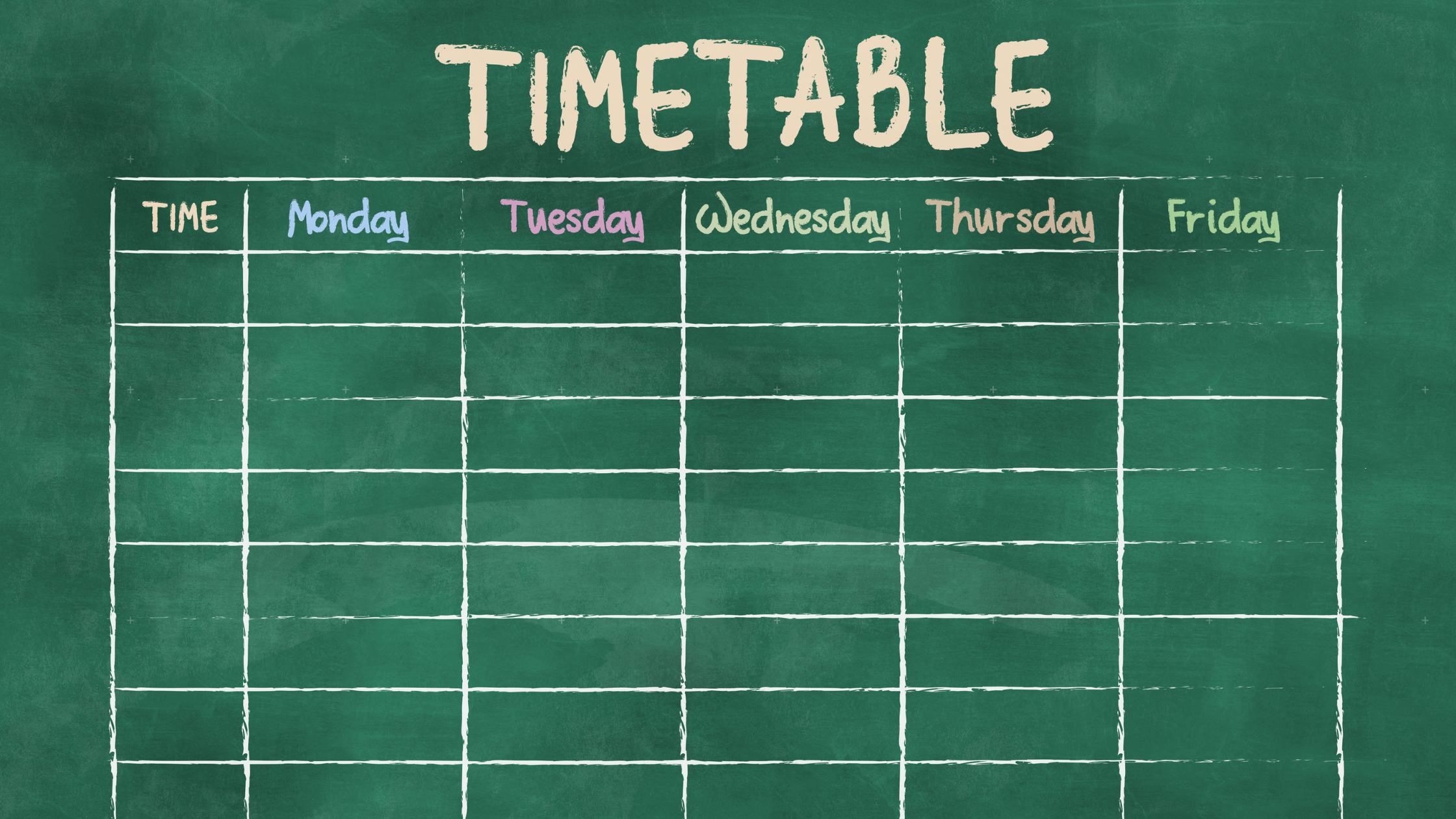
For parents of younger students, Mrs. Plemons Kindergarten is a great online resource to check out for themed learning. With subjects like Ocean Week and a month of Ice Cream fun, there are a ton of age and season-appropriate activities that your child is sure to love.
In instances where you know your child has a specific subject weakness, Achieve has a ton of instructional material, broken down by grade level and subject, which you can rely on to provide supplementary learning materials. From the basics of adding and subtracting to building analytical writing skills, there’s enough here to build out a solid summer curriculum.
With older learners, asking them to sit down in front of a workbook to write out math problems or writing prompts might be a little unreasonable. Rain or shine, during the summer, there will always be something they’d rather do than learn.
But there has to be a balance between moments of rest and further growth and a routine is the best way to achieve that.
The daily schedule for school closures from Khan Academy makes your life easier by offering age-based to-dos, inclusive of virtual lessons and stops for physical activities. And because Khan Academy monitors a child’s progress, you’ll have a clear picture of their progress.
Keeping Up With Reading & Writing
Most schools assign summer reading and most kids have a habit of leaving that for later in the break. With a stack of books and the stress of having to finish them rather than wanting to, kids may start to develop a more antagonistic relationship with reading.
The best way to prevent this is to plan ahead.
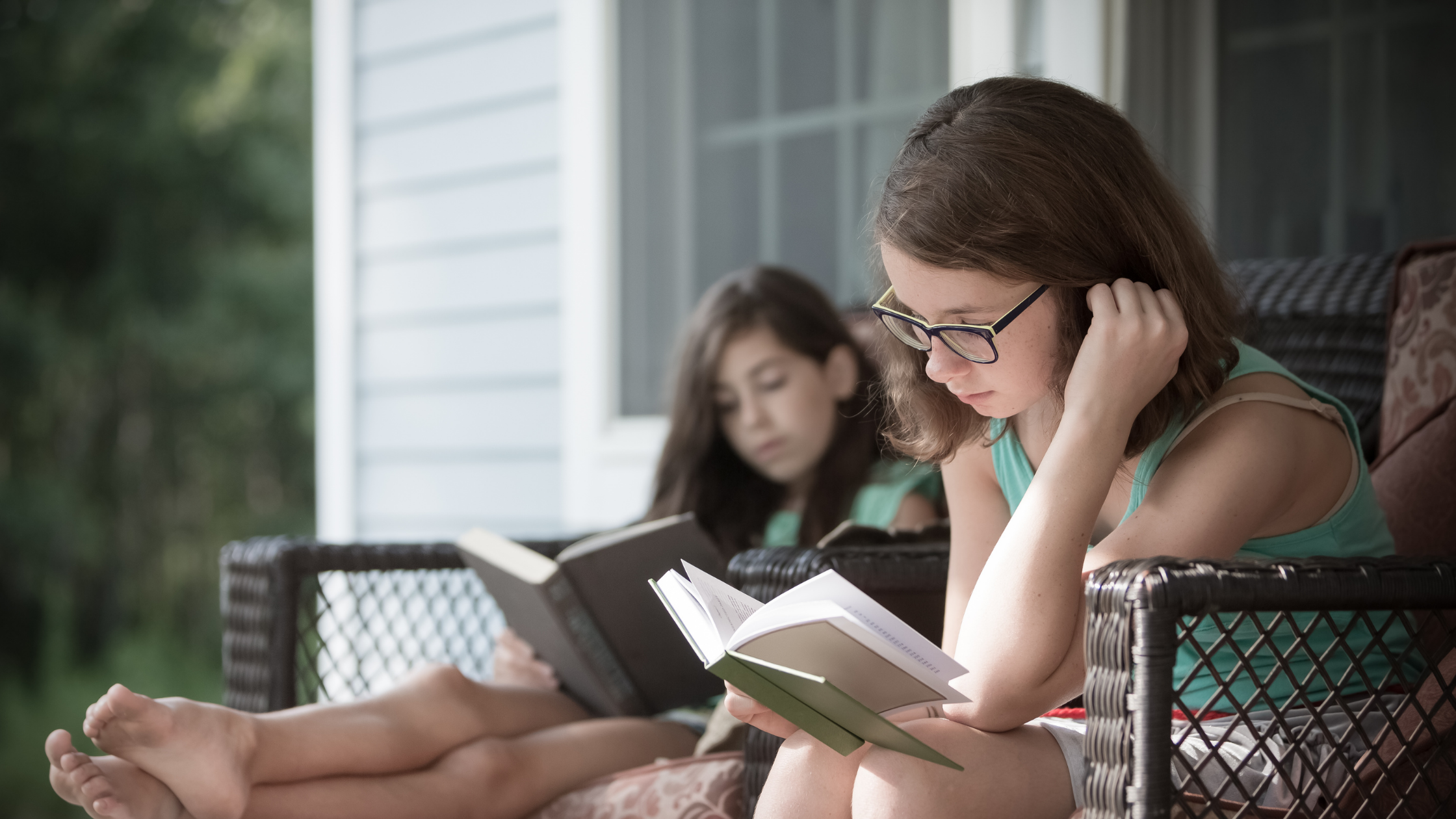
Along with your child, review their school’s assigned titles and try to figure out which ones they’ll be most interested in. Once you’ve got your reading list, plan it out on the calendar.
Depending on their grade level, students may have as many as five titles to finish in a short span of time. Not only that, but once they return to school, there will likely be some expectation to present on their reading or write some sort of report.
In order to make sure that your child is not only prepared for the task ahead, but also starts to develop foundational skills in self-discipline, encourage them to use a reading log. If your child wasn’t provided with one to get them started, this site has plenty of free ones to choose from.
Keeping Up With Math & More
It’s an age-old comedy trope: When a parent sits down to help their child with their math homework and is suddenly faced with some never-before-seen symbology. Having to keep up with learning math at home is hard at every level and being expected to do so without a teacher to guide the lesson and clarify any confusion may be a little unreasonable.
Luckily, there’s another side to that trope and that is the opportunity to explore new avenues of an exhausting subject that weren't even options back in our day. From the basics of computer programming to engineering (and Imagineering) lessons sponsored by Disney, this summer may be the perfect time for your student to start developing new and practical skills in a fun and exciting way.
Code and Scratch are similar but were specially designed for elementary-age students.
A Summer Academic Program
It might sound like a hard-sell, but a summer program is hugely beneficial in keeping the summer slide at bay.
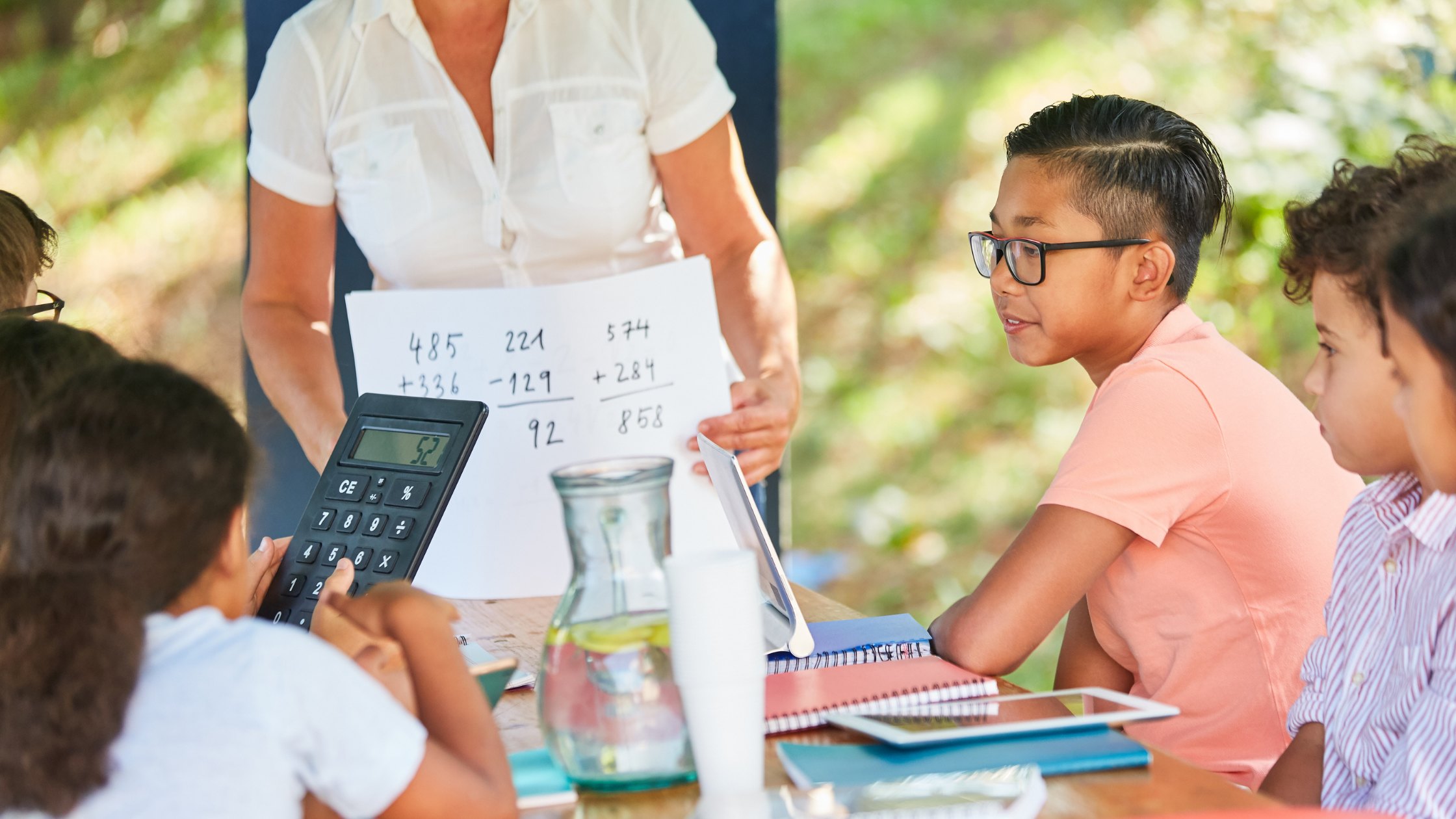
If your child has a learning difference (such as dyslexia, dyscalculia, or dysgraphia) consider a specialized summer program. Experienced special education teachers in small classes will be able to tailor a summer learning experience to your child, reviewing and honing skills for the new school year.
Many summer academic programs offer half-day options, allowing for other activities to fit into your schedule.
There’s No Right or Wrong Way
Even without enrolling your student in an academic program, there are ways to retain student academic progress over the summer months. After a year of processing the COVID-19 pandemic, your student certainly deserves time to rest and recuperate from the school year. However, it’s important to set them up for success in the next school year by reinforcing academic skills in a way that works for them and for you.
About Eagle Hill
Eagle Hill School is a private school for students with learning differences located in Greenwich, Connecticut. Their academic program is designed to help students struggling with auditory processing disorder, dyscalculia, dyslexia, ADHD, executive functioning disorder, dysgraphia, and other language-based learning differences. Specialized remedial learning programs are taught by experienced teachers who help students navigate through learning challenges, preparing them for bright futures ahead.


